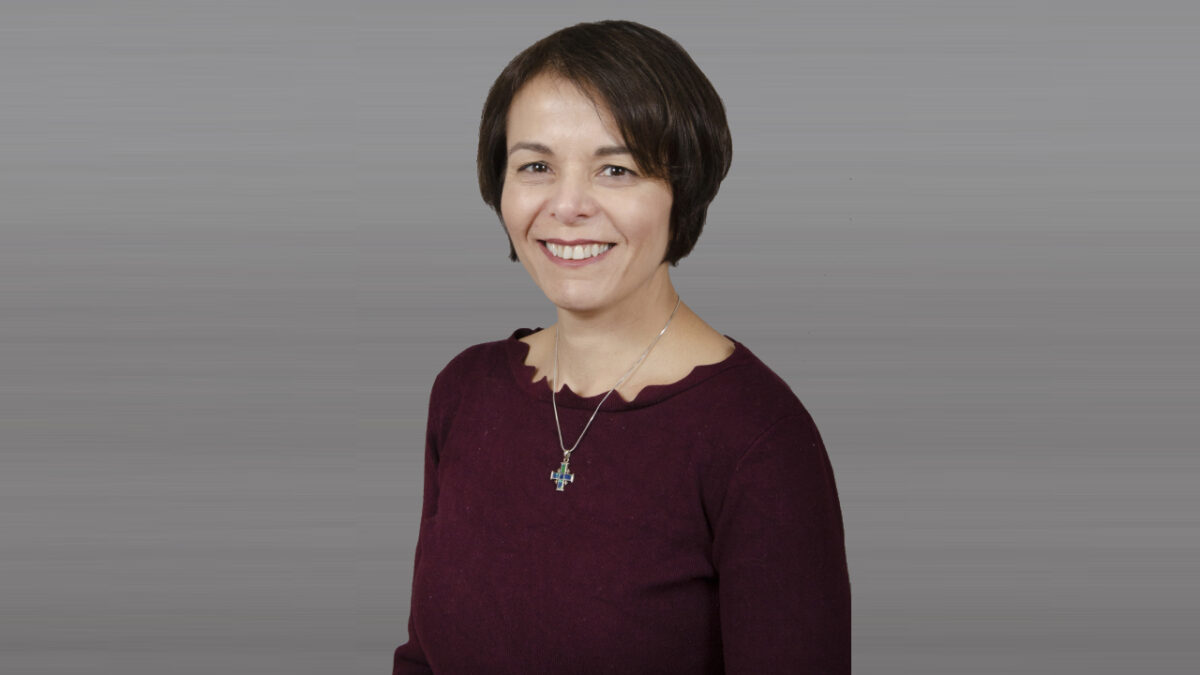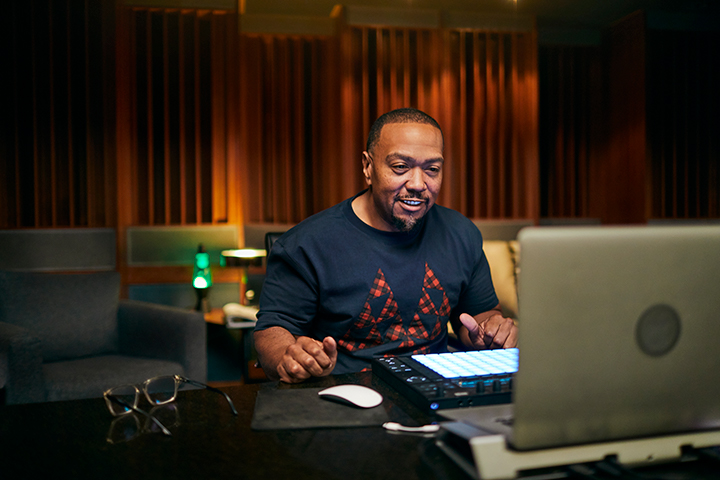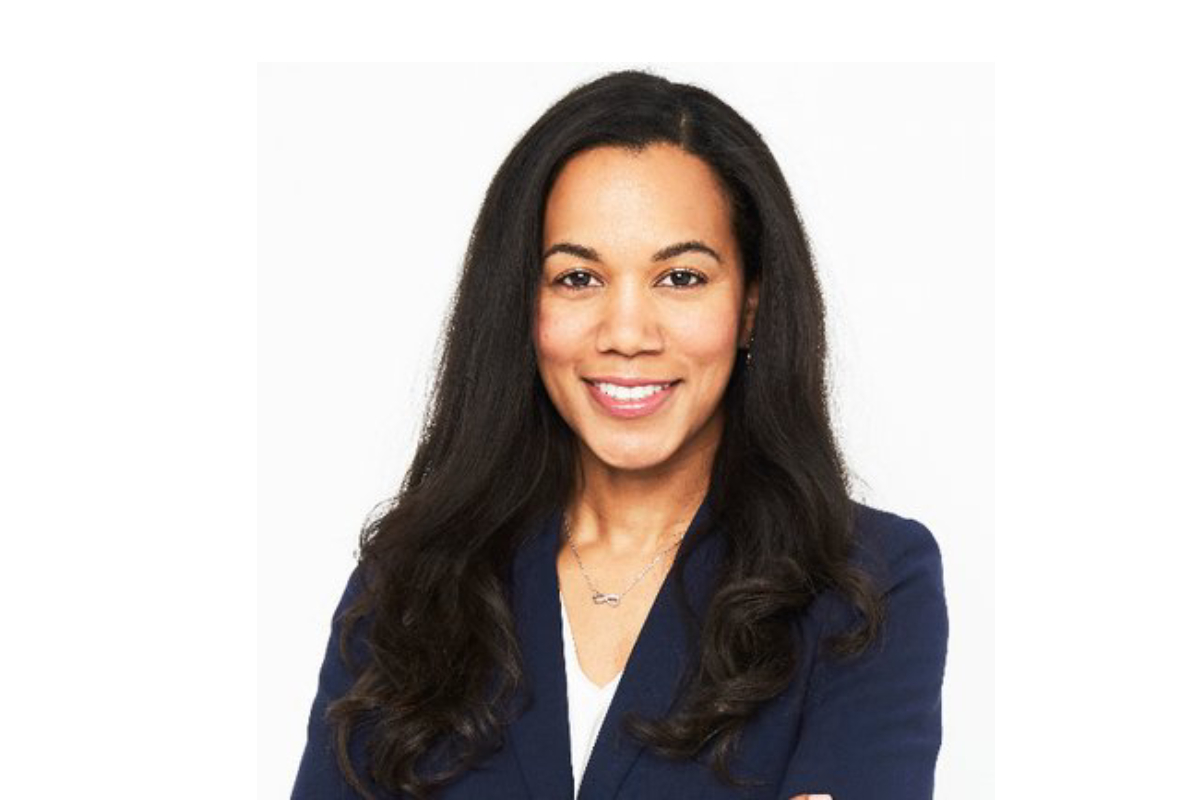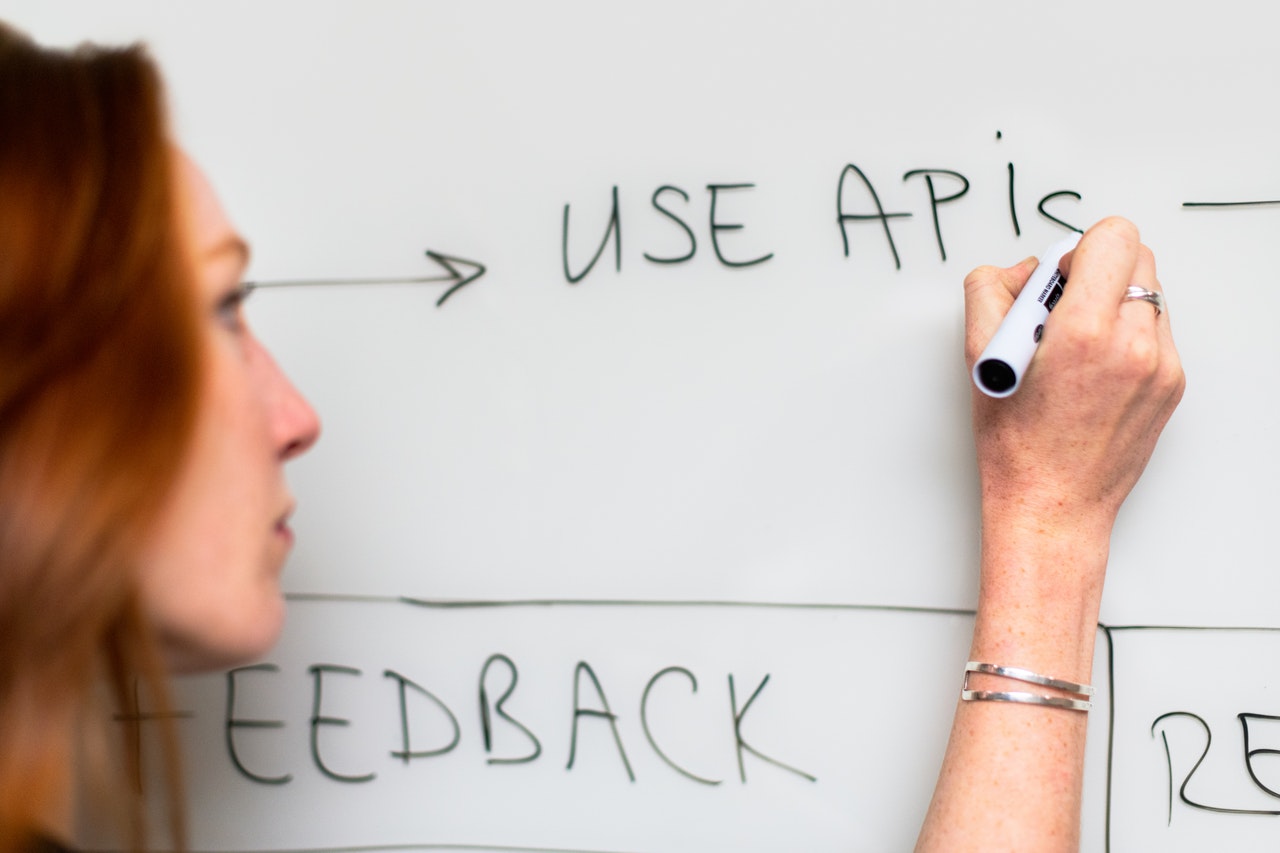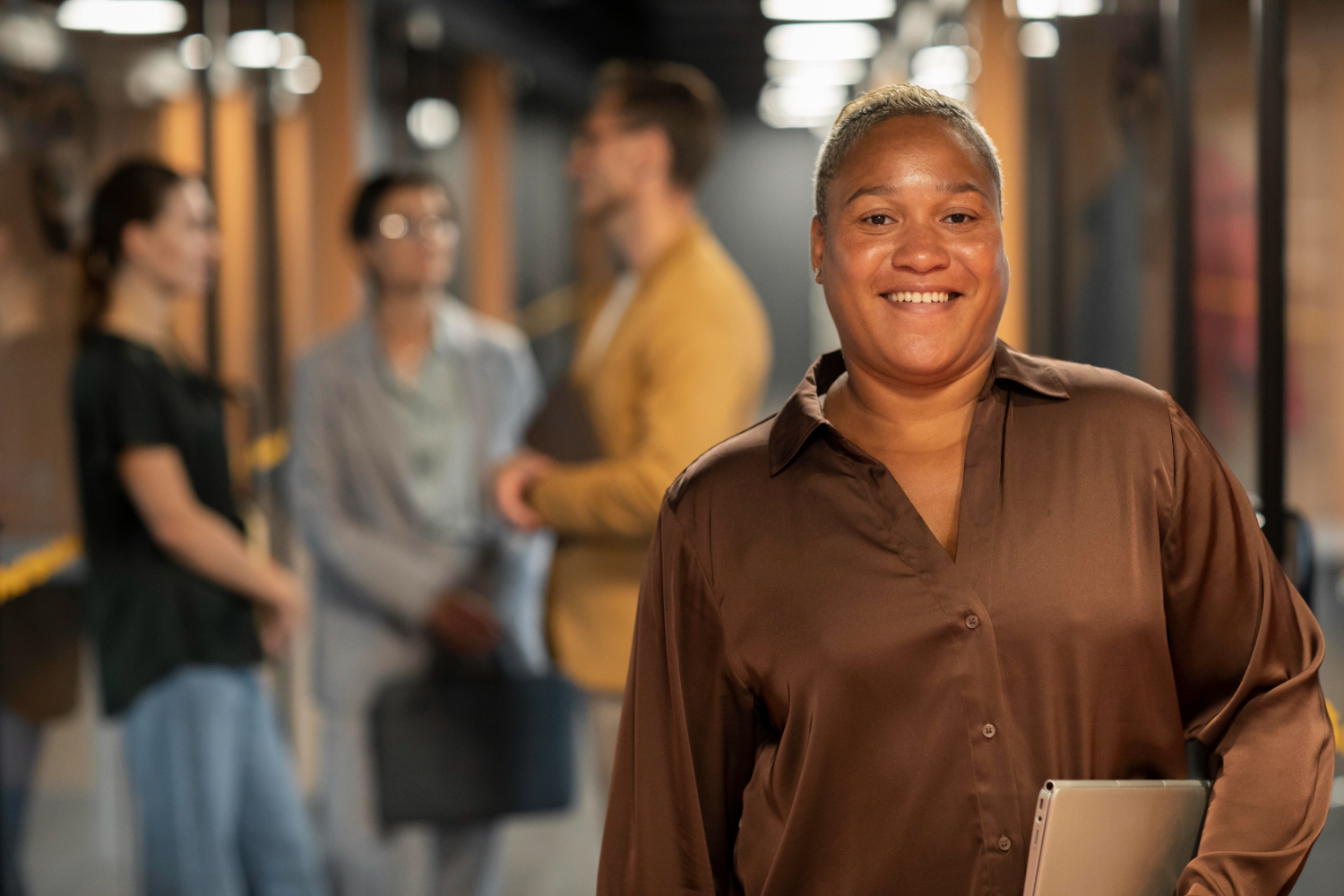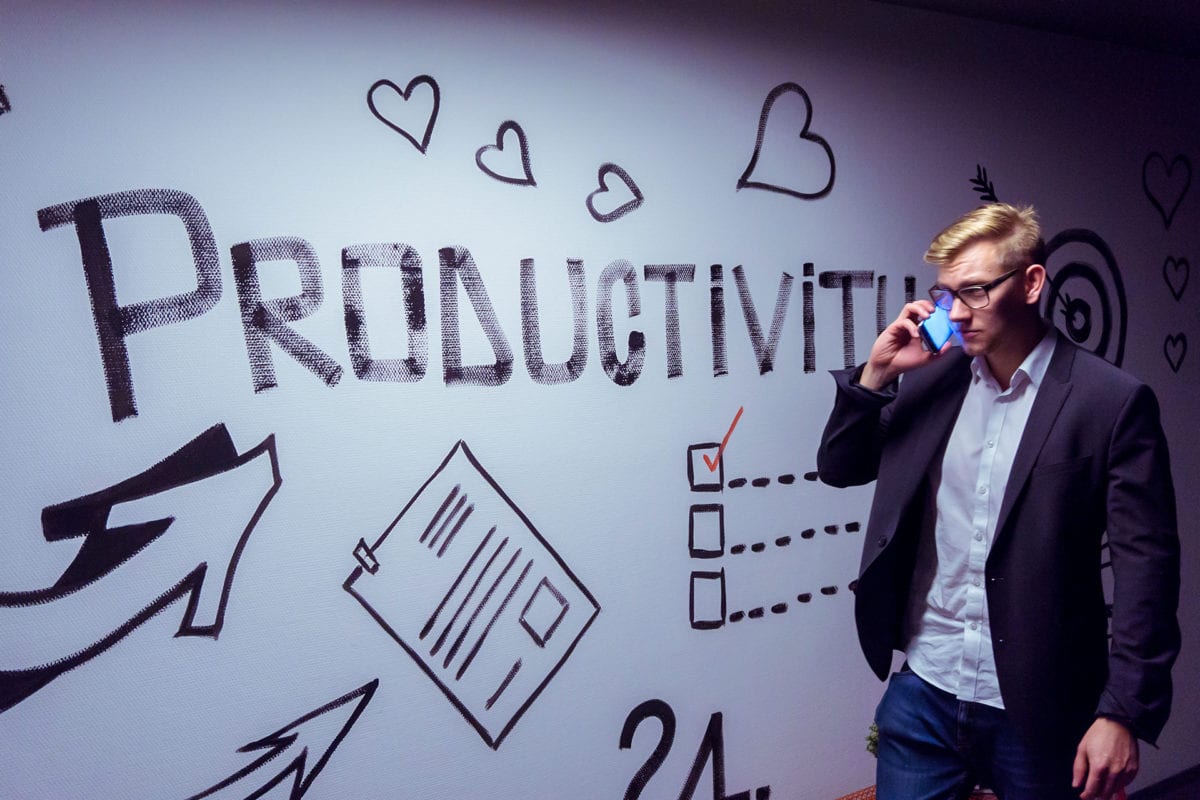Angie Peters, president and CEO of Toronto’s long-running charity organization Yonge Street Mission, has successfully led in the non-profit sector for years, using her skillset to focus on poverty alleviation. During the pandemic crisis, Peters and the Yonge Street Mission team have continued to work tirelessly to serve the Toronto community, focusing on the development of street-involved youth, impoverished individuals and families, and more. She spoke to The Edge about her background in combating poverty locally and internationally and about the amazing work that the Yonge Street Mission staff does in Toronto. Below is an edited and condensed version of that conversation.
Yonge Street Mission was started in 1896 and you became president and CEO in 2013. How has the organization grown in the time that you’ve been there?
It’s been a pretty dynamic time and I would say we’ve grown in a few ways. [In] traditional ways, numeric ways, our number of staff has gone up. Our revenue’s gone up. We’re helping more people through our partnership model, but I think things that are really interesting in terms of how we’ve grown organizationally are these things: in the early stage, we went through a strategic planning process and we became very laser focused on a twenty-year goal. We’re in poverty reduction, [and] that doesn’t happen in three-year cycles […] so we got focused on a twenty-year goal of working towards the end of chronic poverty in Toronto in that generation and broke it down by five-year segments. And we started to look at really creating a way to allow for agencies like ours to work together and collaborate towards shared goals because we recognize that our ultimate goal or twenty-year goal can’t be done by ourselves. So, we basically built the infrastructure for collaboration and that’s pretty key. I think those are big strides in those first few years.
Was there any particular aspect of Yonge Street Mission that caused you to go, “Let me join this organization and see what they’re all about?”
I was actually on the board initially. I was working in international poverty when I was running my company internationally and I was invited to be on the board of Yonge Street Missionlocally. I think that the opportunity to really focus in on a city like Toronto, where there are actually sufficient resources to do this, and the relative amount of poverty is quite small—globally speaking—and the opportunity to take a really established, good organization that has a good reputation and really just focus it and see if we could develop some methodologies that would actually work, that could potentially be scalable and do that based on principles, not program.
What do I mean by that? If you are running an agency that focuses on Indigenous persons and provides mental health and employment services only, that’s what you do. We [YSM] focus on different populations, not Indigenous peoples, and we have different services. It would be hard for us to share goals unless the goals were about human development. So that’s really where we’re focusing—creating that means of making it possible for us to all work on the same goals.
Where do you hope Yonge Street Mission will continue to serve the community in the future?
One, continue to serve the three populations that we serve by providing all of the programs and services that we do in the areas that we’re in, which are largely the downtown east, plus our location in the downtown west with our Evergreen Centre for street youth. But the other thing that we’re doing is—again, back on this partnership idea—there’re organizations already doing good work in other parts of Toronto, so really that’s where we’ve focused on building a set of tools and a team that make it safe, support effective collaboration and partnership, and support shared goals so that we can basically have a little sort of “geek squad.” We could be running at that and monitoring through a community of practice [of] what’s working and what isn’t working and realizing real progress together, like shared effort in the same direction for a change.
What kind of challenges have you dealt with during the pandemic? How can other people help at this time?
There’s an exploding need for relief-based services. We do all kinds of services that are advanced and help people in their development, but our relief side—like food, mental health, clothing, like all the basics when people have lost their jobs and such—the need for those kinds of services have exploded. So that’s the first challenge. How people can help is actually more than you think. Of course, we need money to pair people and we need food to give out and all those things. And we need volunteers to some extent in our food bank, but because we’ve adapted everything to online delivery, people can help now in very, very meaningful ways without leaving their house.
One of the biggest barriers to employment for new Canadians is business-level proficiency in English. [People can] have a weekly meeting with somebody who speaks their native tongue and just needs to talk in a way enough that they get to a position where someone would hire them. That’s one example. There’s really no limit to what somebody can do to help if they have a little time and have a skill that they can give and are willing to meet with people online.
Is there a new initiative or event that you’re very excited to talk about?
That would be Give 6ix. What we decided to do is [link it]to our fundamental belief that it takes all of us. Poverty is a wicked societal problem. It’s not a simple problem, and our social system was created post-war to solve the problems of poverty post-war. The issue is that our current society doesn’t look anything like post-war society and the problems with poverty are different, so it really shouldn’t be a surprise to any of us that our social system isn’t working. The truth is the real solution to poverty is actually community.
Give 6ix is about that. Give 6ix in “the Six,” to the city we love. Give six things—that could be six hours of helping someone navigate your industry or language tutoring. Give $6, give $600. Maybe you’re at a stage of life where you don’t have time to give, but you can give money to pay for our staff who do the high needs things that not everybody can do, like addictions counseling or specialist needs. Or give six tweets and build awareness about the need.
What are you most proud of, that you’ve accomplished in your time leading Yonge Street Mission?
There’s something I’m incredulous about and then there’s something I’m really proud of. What I’m incredulous about is that we’re actually making progress against what sounds like a really crazy audacious plan. Ending chronic poverty in 20 years? It sounds like the sort of thing somebody says because they want to be [a] visionary, but there’s no real way to get there. But we’re getting there. We’re actually on track. We’re six years into that plan and we’ve surpassed all our milestones.
But I think the reason that it’s working, the thing I’m most proud about is our team. The organization is incredible. The staff are incredible. The leadership are so passionate and committed and smart. We are really a tidy little task force working on ending chronic poverty in Toronto and that I am proud of.
The Edge Staff

